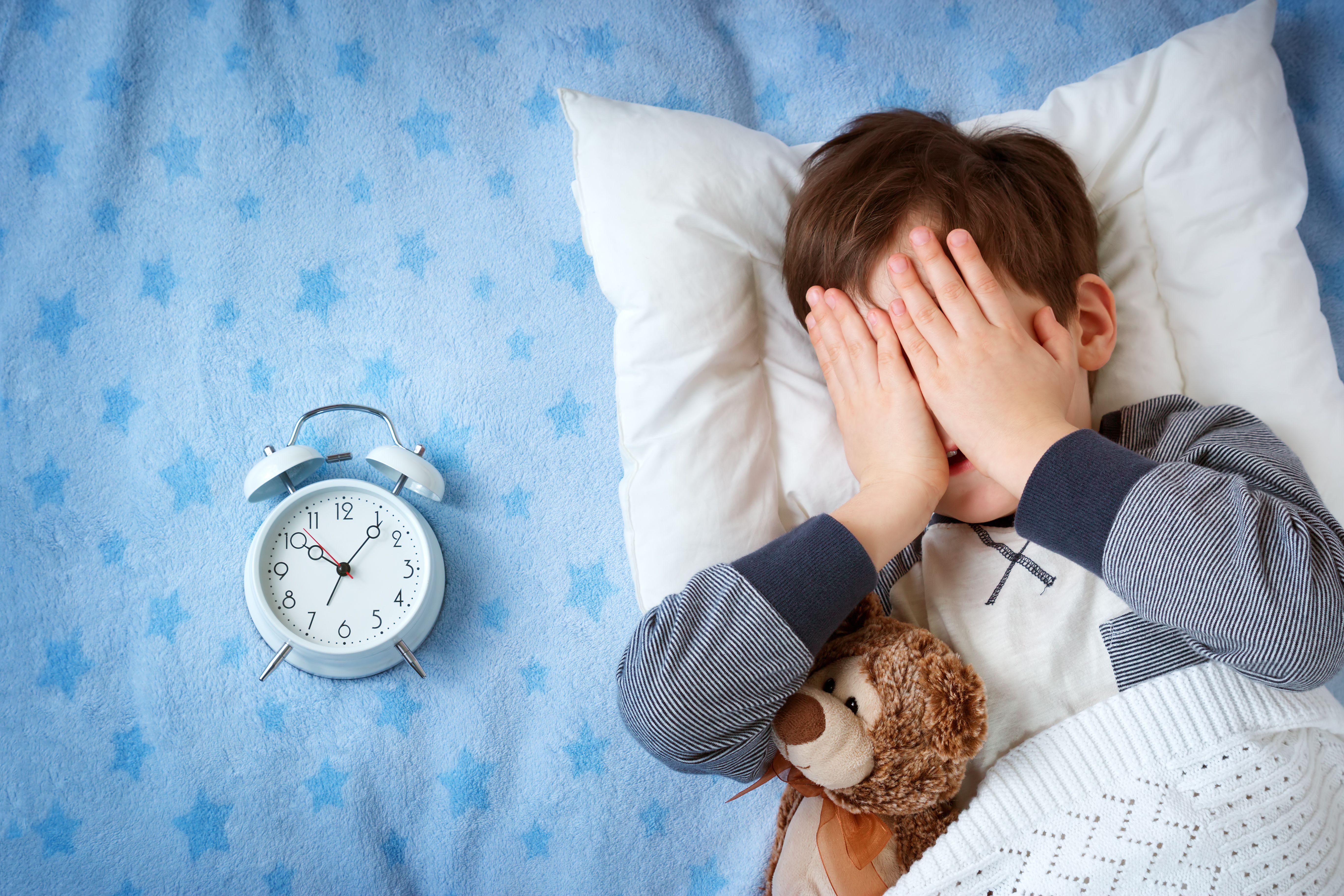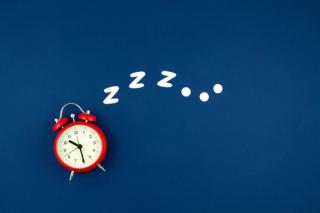
Sleep Disorders
Latest News
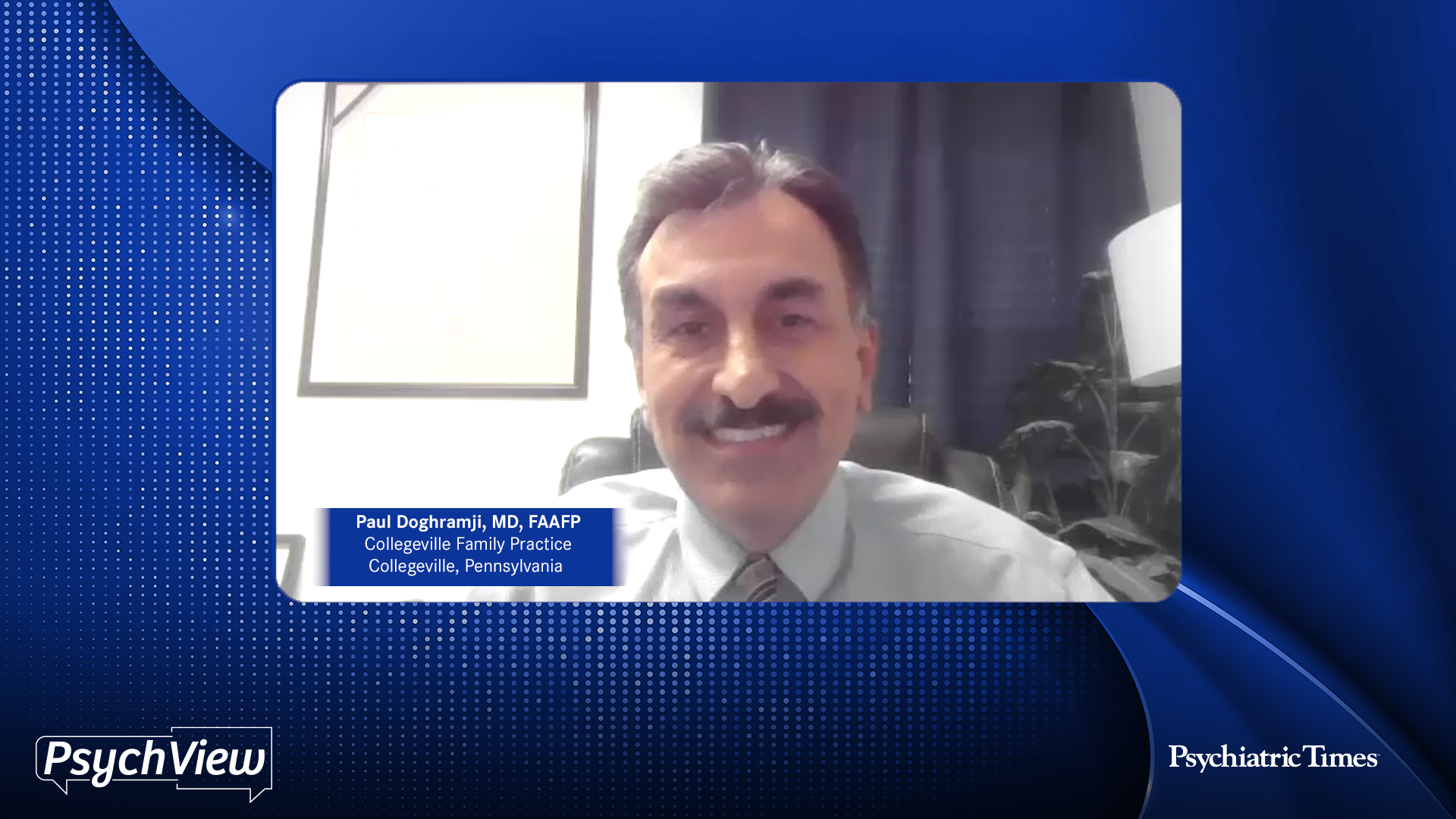
Latest Videos

CME Content
More News
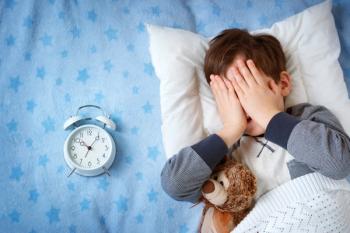
Good night, sleep tight! Researchers performed a 9-year follow-up of sleep disturbance and ADHD symptoms in a population-based cohort study.
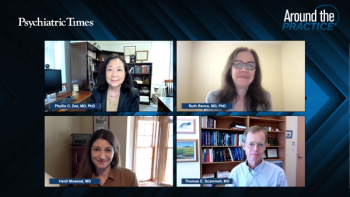
An expert panel concludes the discussion by reviewing factors to consider when diagnosing and treating narcolepsy.

A group of specialists discuss treatment options for patients experiencing daytime sleepiness and anxiety.
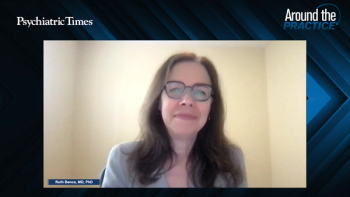
Thought leaders discuss what elements to consider when distinguishing between cataplexy and pseudo cataplexy.

Thomas E. Scammell, MD reviews the history and current symptoms of a patient with narcolepsy.

Thought leaders consider the role of newer medications in the therapeutic landscape.

Thomas E. Scammell, MD; Heidi Moawad, MD; Phyllis C. Zee, MD, PhD; and Ruth Benca, MD, PhD, discuss abuse, side effects, and other obstacles associated with traditional medications.
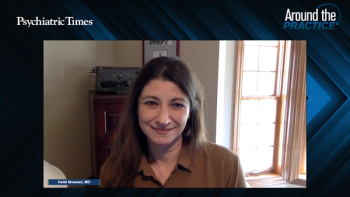
Thomas E. Scammell, MD; Heidi Moawad, MD; Phyllis C. Zee, MD, PhD; and Ruth Benca, MD, PhD, discuss the advantages and disadvantages of specific drug mechanisms for the treatment of narcolepsy.
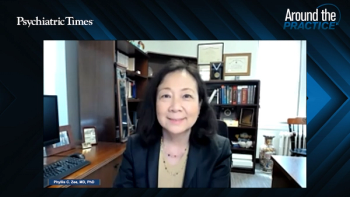
A multidisciplinary panel of sleep experts reviews the role of light exposure, exercise, and other non-pharmacological methods in narcolepsy management.

Thought leaders discuss clinical considerations regarding the many intersecting and complicating conditions that individuals with narcolepsy may experience.

Heidi Moawad, MD; Phyllis C. Zee, MD, PhD; and Ruth Benca, MD, PhD, share details about a patient case that may impact clinical considerations and therapeutic decision-making.

Thomas E. Scammell, MD, presents a case study for a college student with a history of sleepiness.

A multidisciplinary panel of experts outline the difficulties of distinguishing narcolepsy frfom other sleep disorders and psychiatric comorbid conditions.
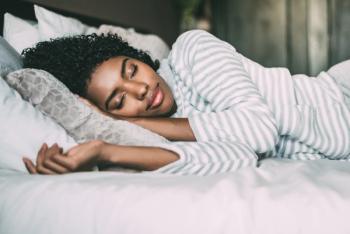
In this installment of the Around the Practice custom video program, doctors discussed management of narcolepsy.
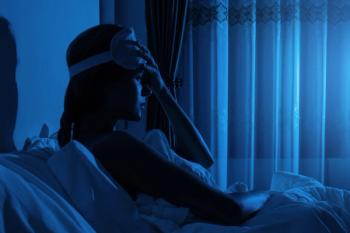
Digital therapeutics may be poised to step up as the next CBT.
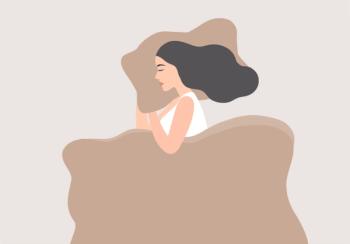
The average patient with bipolar disorder struggles with sleep disorders. Here's how you can help.
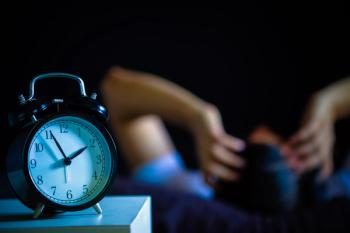
Thinking about sex and sleep in schizophrenia: Researchers performed a large cross-sectional study of sex differences in insomnia and cognition in chronic schizophrenia.

Sleep, depression, and bipolar disorder: what's the connection?
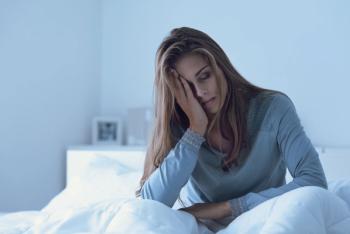
How can knowledge—and positive attitudes—about sleep improve quality of life for patients?

Sleep disturbances in borderline personality disorder are relatively unrecognized.

The US Food and Drug Administration has approved a new medication for the treatment of insomnia.
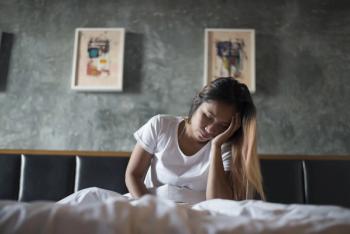
Study also suggests link between postpartum depression and insomnia.
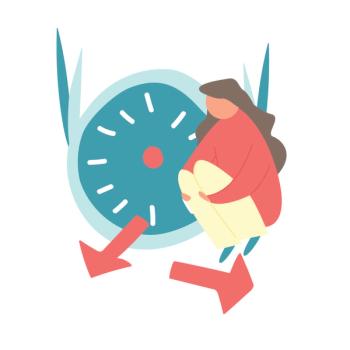

Sleep deprivation among health care workers: a growing concern.

How can cognitive behavioral therapy improve outcomes for individuals with insomnia?


